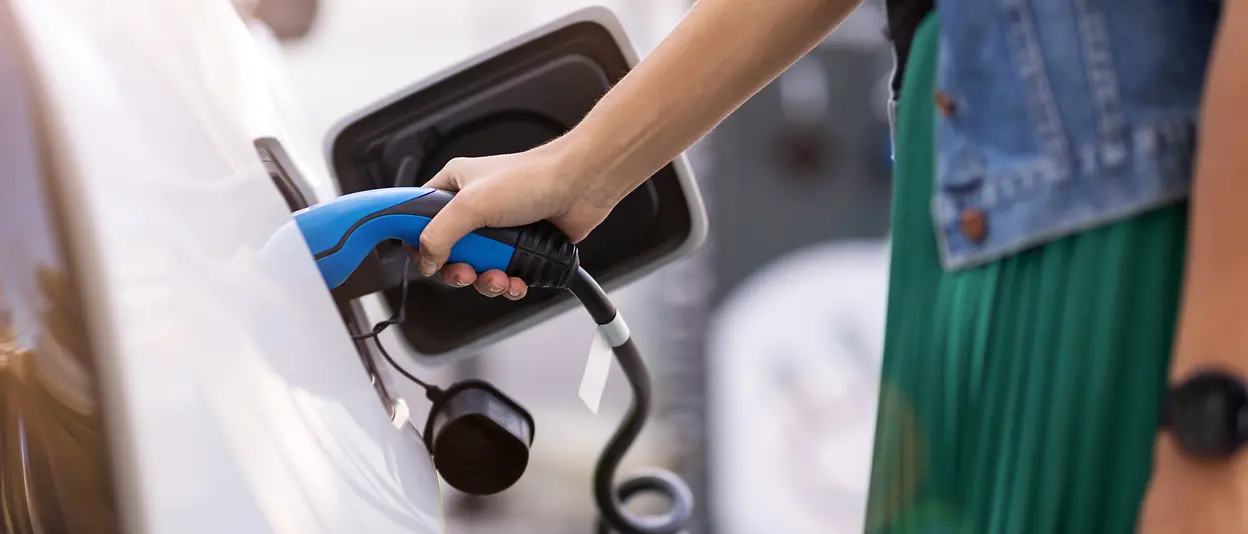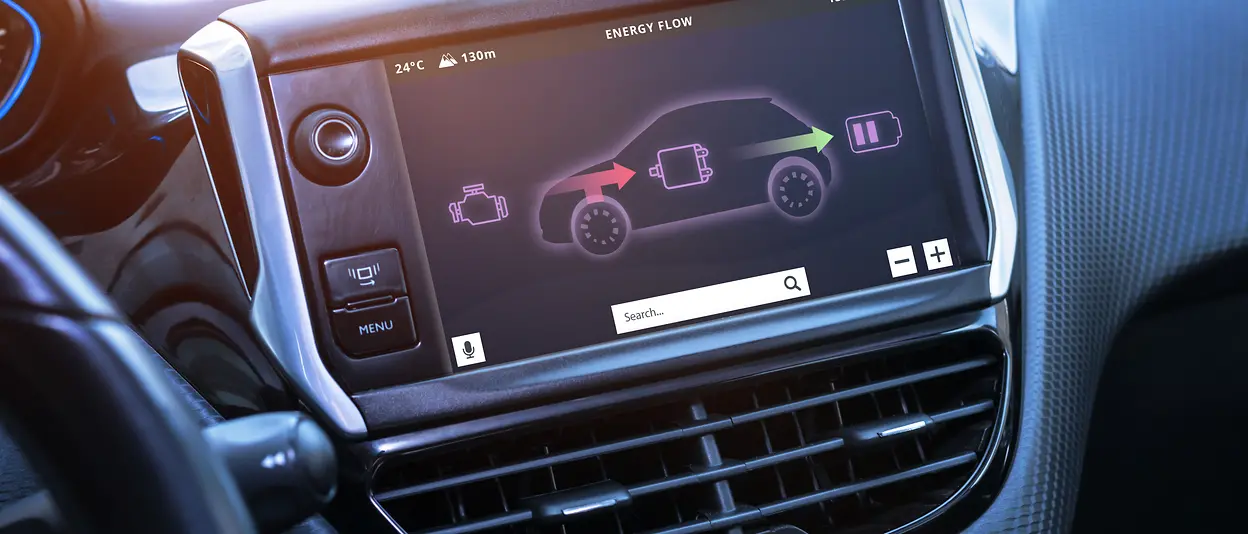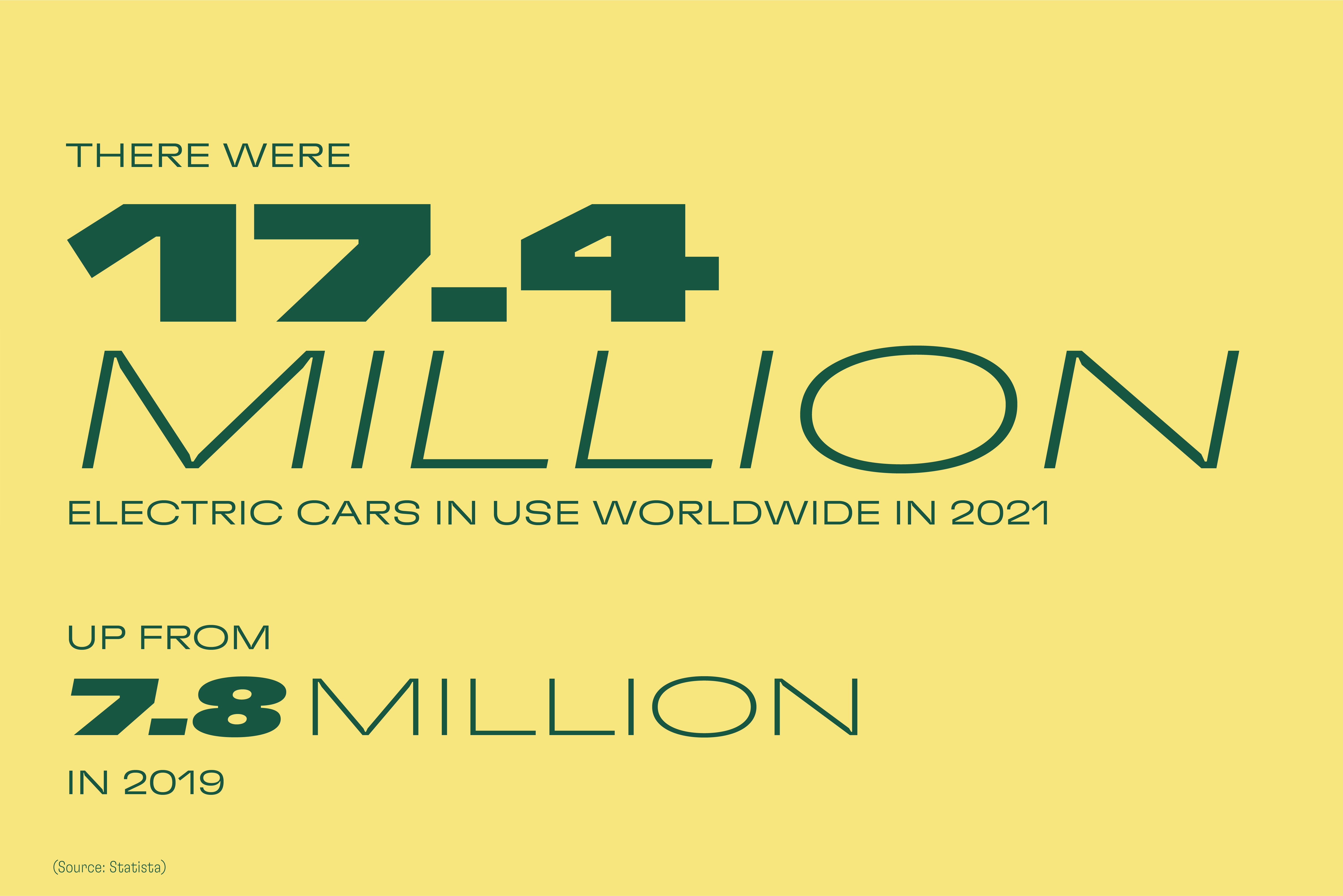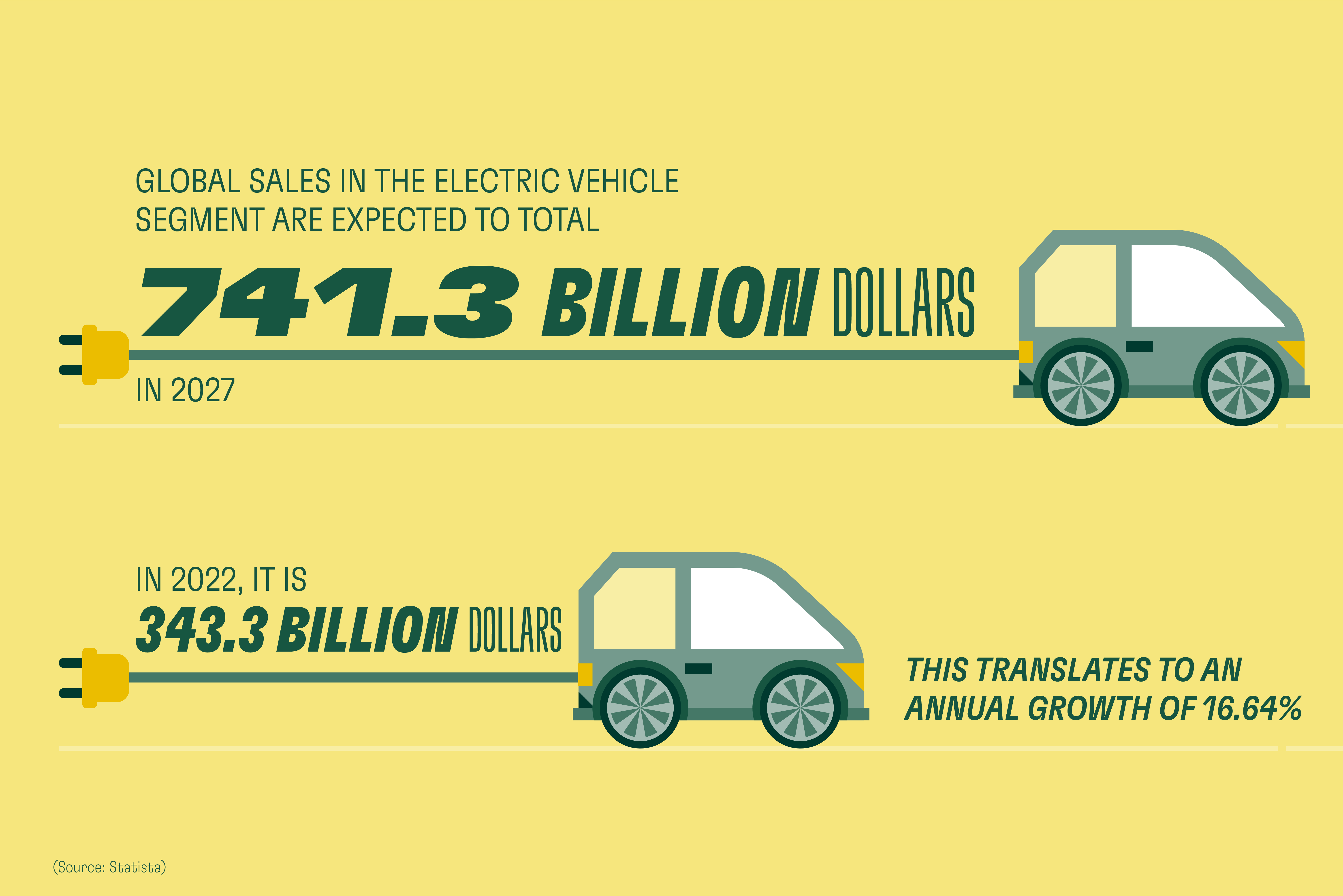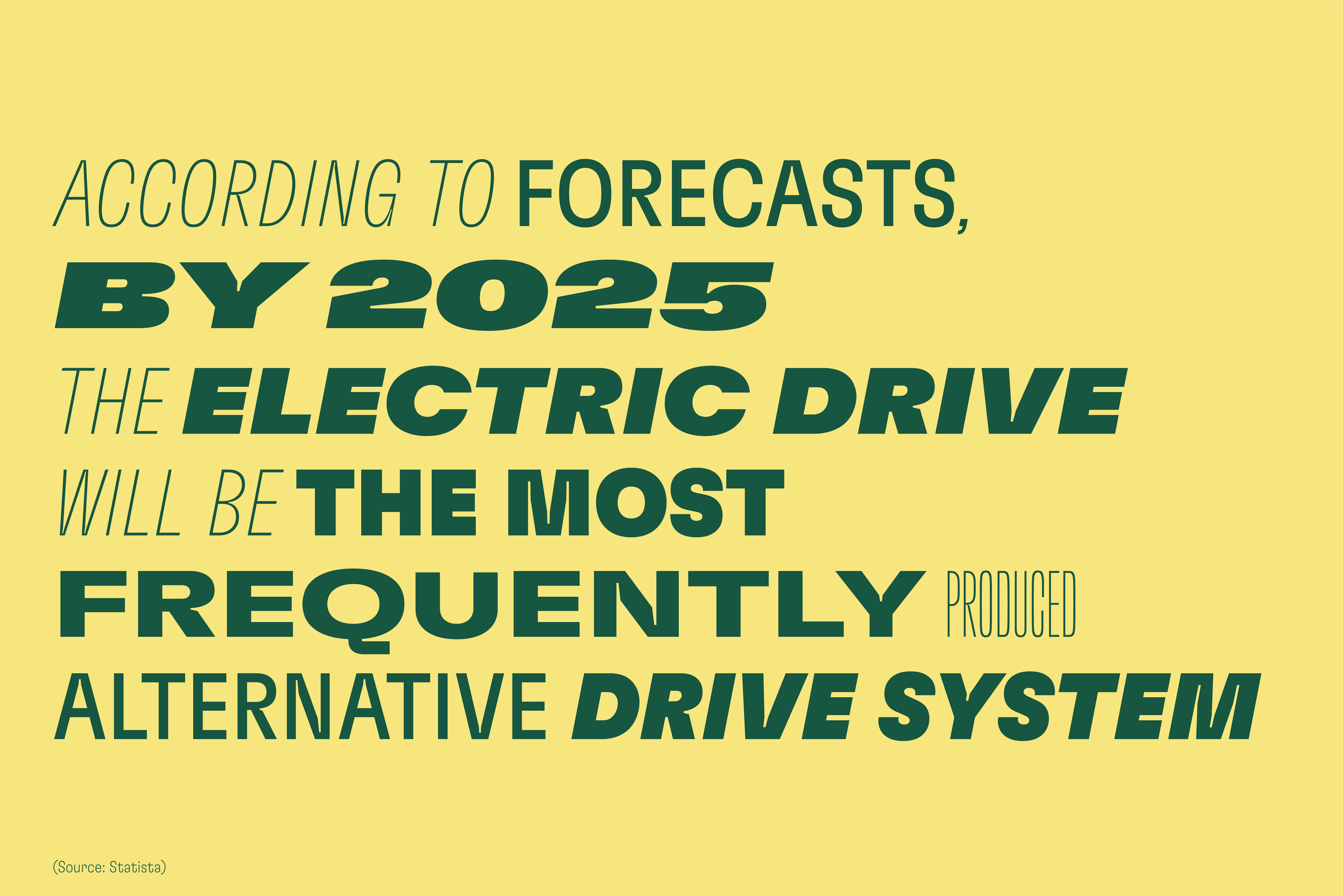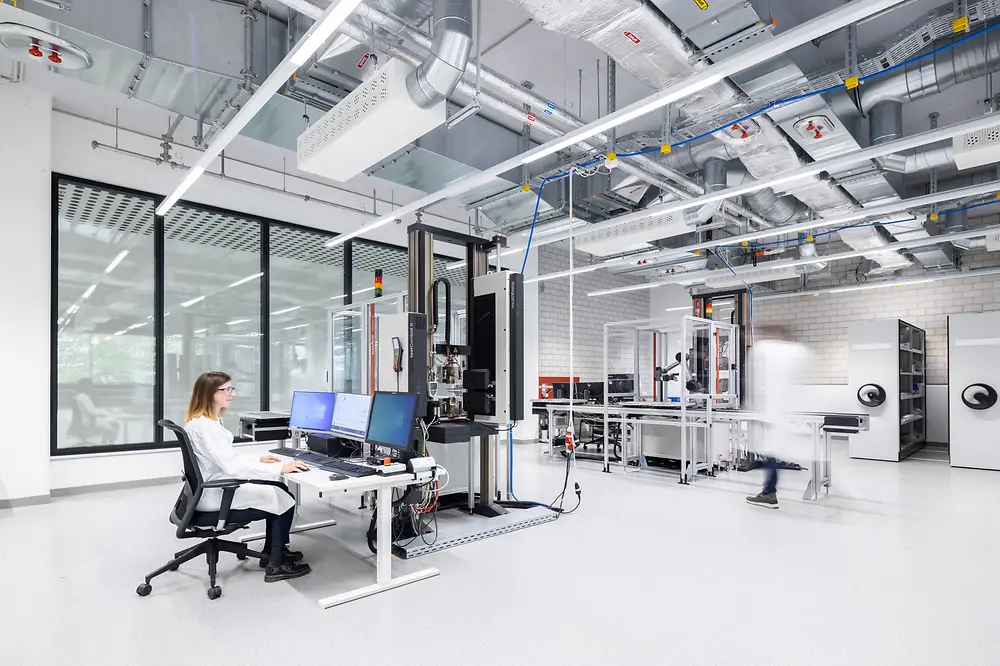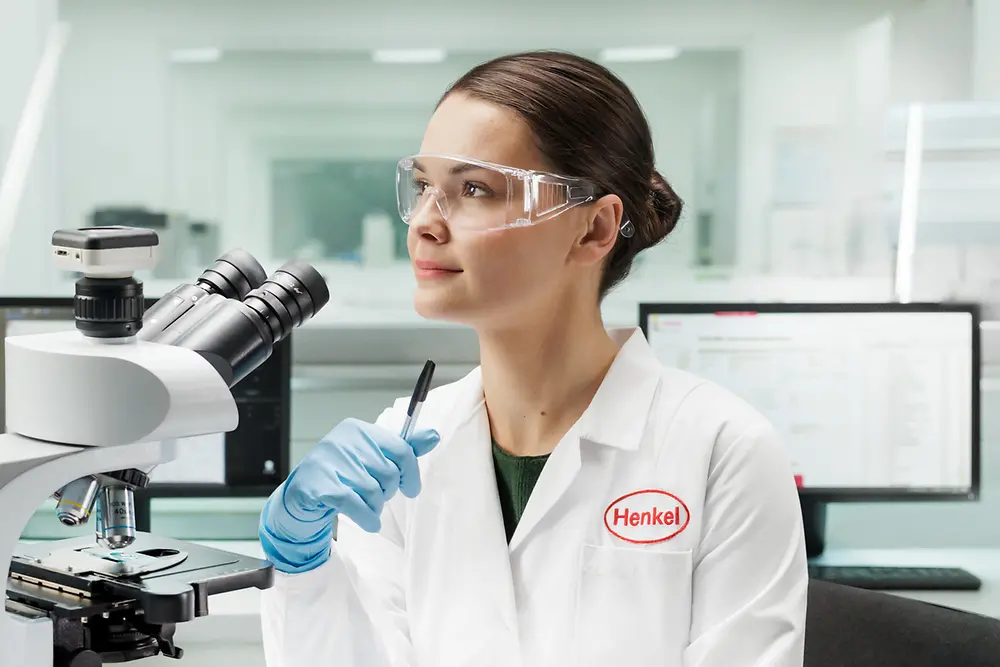The performance and operational lifespan of batteries depend on more than just thermal management. Modern adhesive technologies must also meet two other requirements: Sealing the battery system and protecting it from environmental influences such as moisture or dirt, as well as enabling the batteries to be opened for maintenance work without great effort. Henkel already offers a corresponding sealing solution for this purpose, which has been specially developed for battery pack applications.
Corrosion protection is also a major task for battery pack frames, which are typically stamped or extruded from aluminum. One solution is to coat the frames. Adhesive Technologies is one of the market leaders worldwide in providing these services.
Modern adhesive solutions from Henkel provide thermal management for e-car batteries and ensure that they do not overheat during charging or operation.
Close collaboration with customers
Of central importance for the competitiveness of automotive and battery manufacturers is the efficient large-scale production of batteries at the lowest possible cost. This requires unique adhesives for the highly automated assembly of the individual battery components. "With our innovative solutions, we help our customers and thus establish ourselves as an industry leader," George emphasizes. Collaborating closely with customers, Henkel pursues two strategic approaches. On the one hand, our experts are working in the battery development centers of the most important customers. There, they learn about the respective challenges directly at the customer's site and try to find solutions.
On the other hand, Adhesive Technologies has set up a new team called "Fuel the Future" in the fall of 2021. The team is made up of experts from various industries, such as battery production and recycling. In addition, experts for modeling and simulation and employees from research institutes, for example science, have been recruited. Their task is to identify future trends in electromobility and derive the necessary solutions for automotive and battery manufacturers. "This allows us to stay one step ahead of the competition," George emphasizes.
The team is based at the Inspiration Center Düsseldorf, the new global innovation and customer center for Adhesive Technologies. There, the business unit has also set up a battery application and test center where its own solutions are applied to customers' battery designs in models and simulations. They are then installed in reference batteries, which are finally put through their paces to ensure that everything works as expected.








